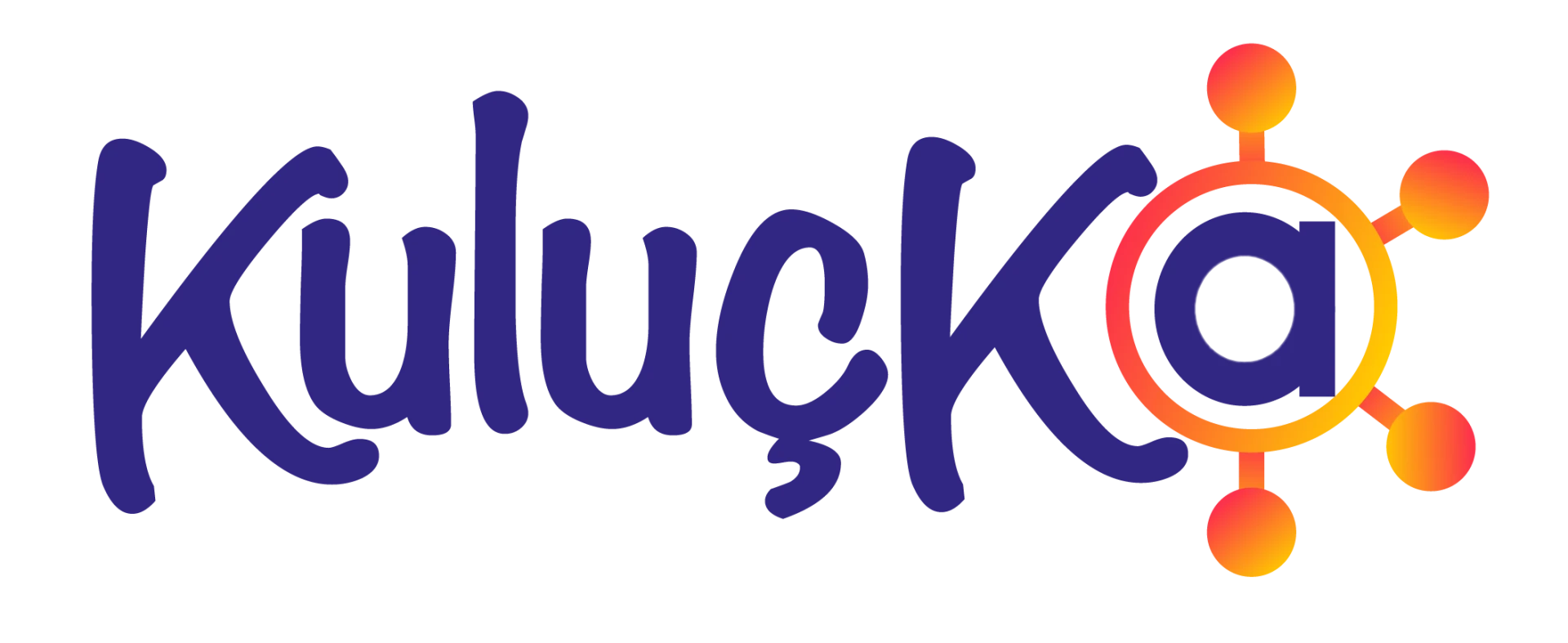Apr 23
Paths to Achieving Success on National and International Arenas
Today, the world is rapidly globalizing. Opportunities to succeed on national and international platforms are more abundant than ever. However, the path to success is built not only on academic knowledge, but also on effective strategies, the right skill sets, and strong discipline.
1. Setting Goals: The First Step Toward Success
The foundation of success lies in setting clear goals. Goals motivate, guide, and help individuals focus their efforts productively.
Short- and Long-Term Goals:
Short-term goals: These include daily or weekly objectives that are typically specific, measurable, and attainable. For example, deciding to take a language proficiency test (like TOEFL or IELTS) or aiming for a certain SAT score.
Long-term goals: These involve broader ambitions, such as building a global career, being admitted to a top university, or working in an international organization. While these may seem abstract, they become achievable through smaller steps and mid-term goals.
Using the SMART criteria (Specific, Measurable, Achievable, Relevant, Time-bound) when setting goals can be extremely helpful.
2. Time Management: Strategies for Productive Work
Another key factor in achieving success is time management. Especially for students, effectively managing time during exam preparation or project development is essential.
Effective Time Management Techniques:
Pomodoro Technique: Dividing work into 25-minute sessions followed by short breaks. This improves focus and boosts productivity.
Prioritization: Identifying which tasks are most important helps you organize your workload and use time more efficiently.
Time Blocking: Dedicating specific blocks of time to single tasks and avoiding distractions during that period.
Mastering time management helps students stay disciplined not just during exam preparation but in their daily lives as well.
3. Global Skills: Essential Abilities for International Success
At the heart of both national and international success lie global skills. Thriving in the global arena requires not only academic achievement but also cultural awareness, language proficiency, and global thinking.
Key Skills for Global Success:
Academic Proficiency: A strong transcript is often a prerequisite for many international applications.
Language Skills: Language proficiency is one of the most crucial tools for global success. Knowing more than one language fosters both communication and cultural understanding.
Cultural Awareness: Participating in international projects helps students develop global thinking and communication skills.
Critical Thinking & Problem Solving: Success in a globalized world depends on the ability to think critically and offer creative solutions from different perspectives.
Social Responsibility: Students should demonstrate that they are responsible global citizens. Official certificates of volunteer work can make a significant difference.
Field Readiness: Taking preparatory courses or doing internships in fields related to one’s intended university major greatly increases a student’s qualifications.
4. Academic Exams: Strategic Preparation for Success
The path to national and international success often includes academic exams that assess both knowledge and critical thinking abilities.
Effective Exam Preparation:
Understanding Exam Formats: Knowing the structure and content of exams like the SAT or AP helps you develop a strategic study plan.
Choosing the Right Resources: Practice tests and sample questions are essential. They reveal the exam structure and help identify areas for improvement.
Starting Early: Early preparation provides ample time to study and reduces stress as the exam date approaches.
5. Communication and Social Skills
Global success isn't just about personal achievements—it also involves strong communication and social skills. On international platforms, one’s communication skills can directly influence career opportunities and relationships.
Effective Communication:
Verbal and Written Communication: Many global organizations prioritize candidates with strong writing and speaking skills. Communication is the key to successful relationships at all levels.
Listening Skills: Being a good listener is a core component of effective communication. Students should take advantage of opportunities to speak publicly and engage with others.
Cross-Cultural Communication: Interacting respectfully and knowledgeably with people from different cultures is one of the most important aspects of global success.
Consistency on the Path to Success
Achieving success on national and international platforms isn’t about a single moment of accomplishment—it’s about consistency, self-discipline, and the right strategies. A success-driven individual should constantly develop planning, time management, global competencies, and effective exam preparation.
Setting goals at each stage, realigning when necessary, and progressing with a clear roadmap are keys to achieving success. Everyone’s journey to global achievement is unique, but with the right tools and strategies, it can be completed in the most efficient way possible.
Kuluçka Career Acceleration Center offers various support programs to equip you with these tools, help you shape your strategy, and stand by you throughout your journey. Simply fill out a consultation form to set your goals, map your path, and take the first step toward something amazing.
Define your career, draw your roadmap, get started!

Copyright © 2025
Kuluçka Career Acceleration Center
Yenigün Mah. Mevlana Cad. Midtown Plaza B Blok No: 14 Muratpaşa Antalya Turkey
